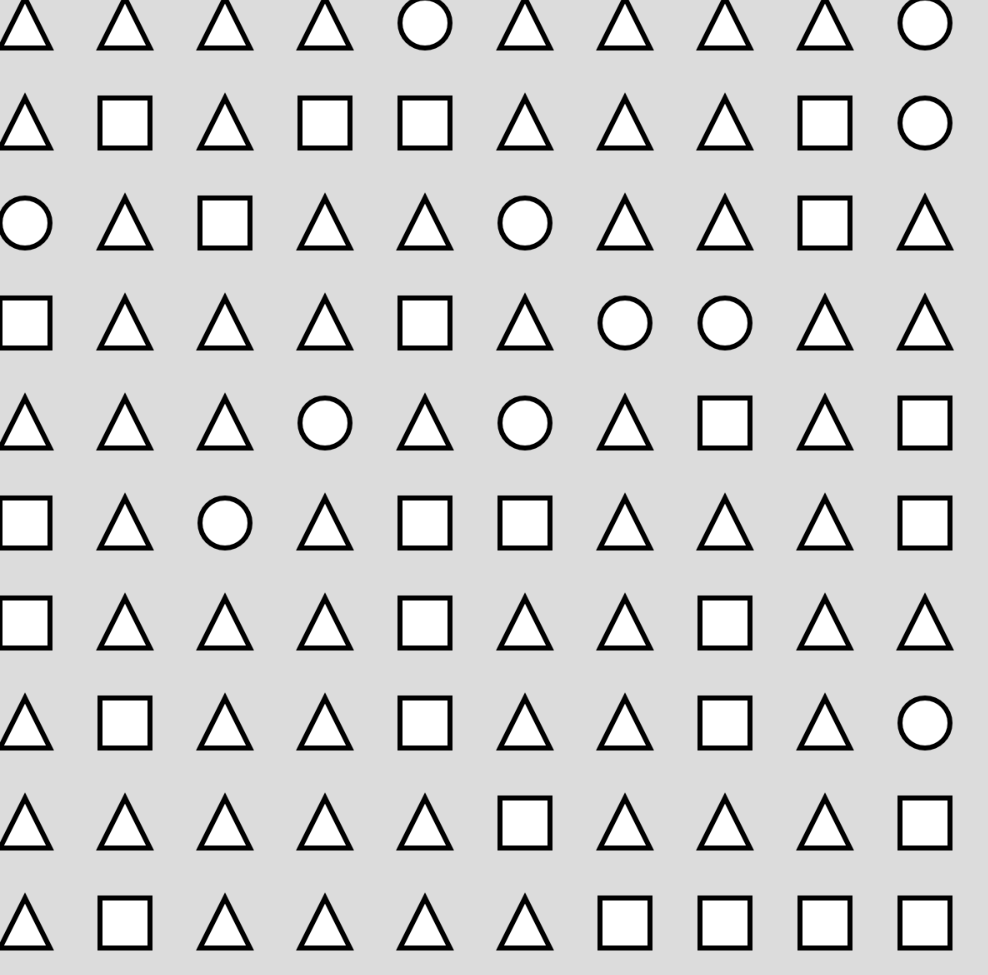https://editor.p5js.org/svsalem/sketches/r-VvDSBCK

60212: INTERACTIVITY & COMPUTATION
CMU School of Art, Fall 2019 • Prof. Golan Levin
https://editor.p5js.org/svsalem/sketches/r-VvDSBCK

I selected tenet number 5, "The Critical Engineer recognizes that each work of engineering engineers its user, proportional to that user's dependency upon it."
This means that engineers and their engineering projects form a sort of symbiotic relationship, both relying on each other and making each other better. The first thing I thought of when I read this tenet was Newton's Third Law of Motion, which states that every action has an equal and opposite reaction, in a way relating to engineers and their work, where both have an equivalent effect on one another. One example of this is machine learning. In machine learning, humans program a machine to perform some tasks, and learn from each of those tasks so that is builds a basic form of AI and is able to accomplish much more difficult tasks independently. Eventually, the machine will be able to teach the human (the creator) how to do those tasks, which illustrates this dependent relationship.
Critical Engineering Manifesto, Tenet 4: "The Critical Engineer looks beyond the 'awe of implementation' to determine methods of influence and their specific effects."
I take this tenet to mean basically "Don't believe the hype." Especially in the tech industry, there's an almost religious obsession with new products and new systems (blockchain, cryptocurrency, machine learning, VR, quantum computing, etc.). Often, despite the novelty of these inventions, the applications they are used for quickly become cliche, and the tech becomes much more important than the project.
I'm glad that I found this advice, and I hope to follow it. I want to be sure that each creative project that I do has a purpose beyond trying out a new piece of technology. I'm also interested in the second half of this tenet; they emphasize influence strongly as if it is the most important aspect of a project. I definitely want to consider influence more, but I don't know if I feel like it should be the top priority.
"2: The Critical Engineer raises awareness that with each technological advance our techno-political literacy is challenged."
As expressed in this tenet, it is the role of the Critical Engineer to consider how new technology inevitably influences society in relation to law and politics. As advancing technology continues to expand our capabilities, the methods in which we handle data collection, privacy, and personal information must be repeatedly reevaluated. The progression of geolocation tech, for example, advances us towards a world in which anyone can be located and identified at any time. Subsequently, it's our responsibility to assert that our code of conduct relating to privacy and PII change accordingly. By our further advancement of technology, we must look beyond the scope of the project to consider the sociopolitical effects.
The eighth tenet of the Critical Engineering Manifesto describes how a Critical Engineer should draw from the past. They should look at themselves as continuing the same kind of work as artists, philosophers, activists, and inventors of yore, and they should learn from those people. They should learn from the strategies they used, as well as their goals. It's interesting that a seemingly radical movement should be also backwards facing. It sees value in what was done in the past even though the things it is responding to are so specific to our present circumstances.
For instance, a Critical Engineer could look at the ways modernists artists were responding to the introduction of machines into factories during the 19th century for how to respond today to automation in the workplaces of today.
5. The Critical Engineer recognizes that each work of engineering engineers its user, proportional to that user's dependency upon it.
As engineering and our feats of technology become more and more miraculous, so does our ability to see these miracles. Technology has become the norm in our lives, and because we rely on it, we take these works of engineering for granted. When we do so, when we rely on others for these technologies, we ourselves do not necessarily understand the hardships of life that would be without these works of engineering and as a result, our dependency for it.
Many people's ability to navigate the roads without the use of a GPS is bare, if even existent. Once, being able to read the stars and maps was as critical as warmth or shelter. However, today, it's a rare skill and I constantly wonder at many's survival skills if our GPS were suddenly taken away from us. For me, being in a foreign area, I'm very conscious of how much battery I have so that I am able to still use Google Maps to get home. This reliance must be recognized; the consequences can be detrimental otherwise.